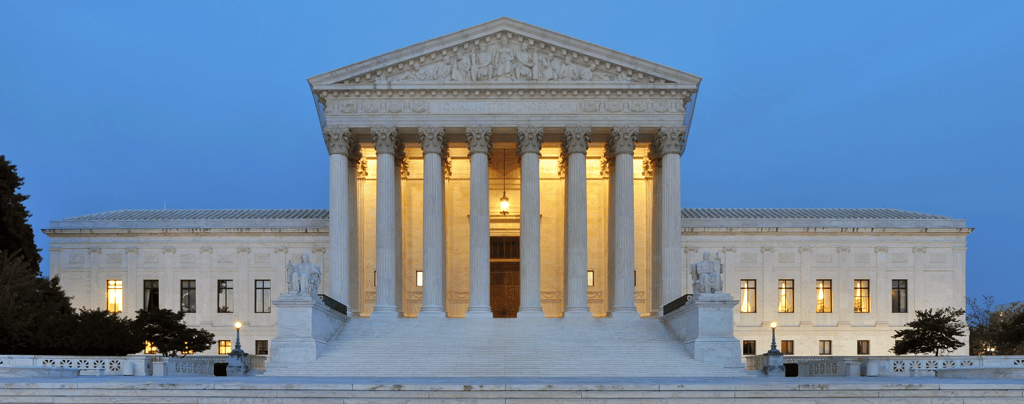Brady|Giglio: “False Memory”
This article examines the constitutional obligations established by Brady v. Maryland (1963) and Giglio v. United States (1972) requiring prosecutors to disclose evidence favorable to the defense, including material affecting a witness’s credibility. The case centers on Boston Police Officer Kelly Dever, who initially told federal agents she saw key individuals in a police garage during the Commonwealth v. Karen Read investigation but later testified under oath that this account was a “false memory” after being confronted with a conflicting timeline. Attorney Alan Jackson argued in a formal letter that Dever’s credibility is now irreparably compromised—either due to dishonesty or cognitive unreliability—triggering Brady/Giglio disclosure obligations for every case involving her testimony. The letter requested her inclusion in a Brady database to ensure defense access to this impeachment evidence, emphasizing that failure to disclose could lead to due process violations, case dismissals, and severe legal consequences. This situation underscores how a single credibility issue can erode public trust, jeopardize prosecutions, and potentially end an officer’s career.
Robert A. Verry (Chief, ret.), Ed.D.
9/7/2025


